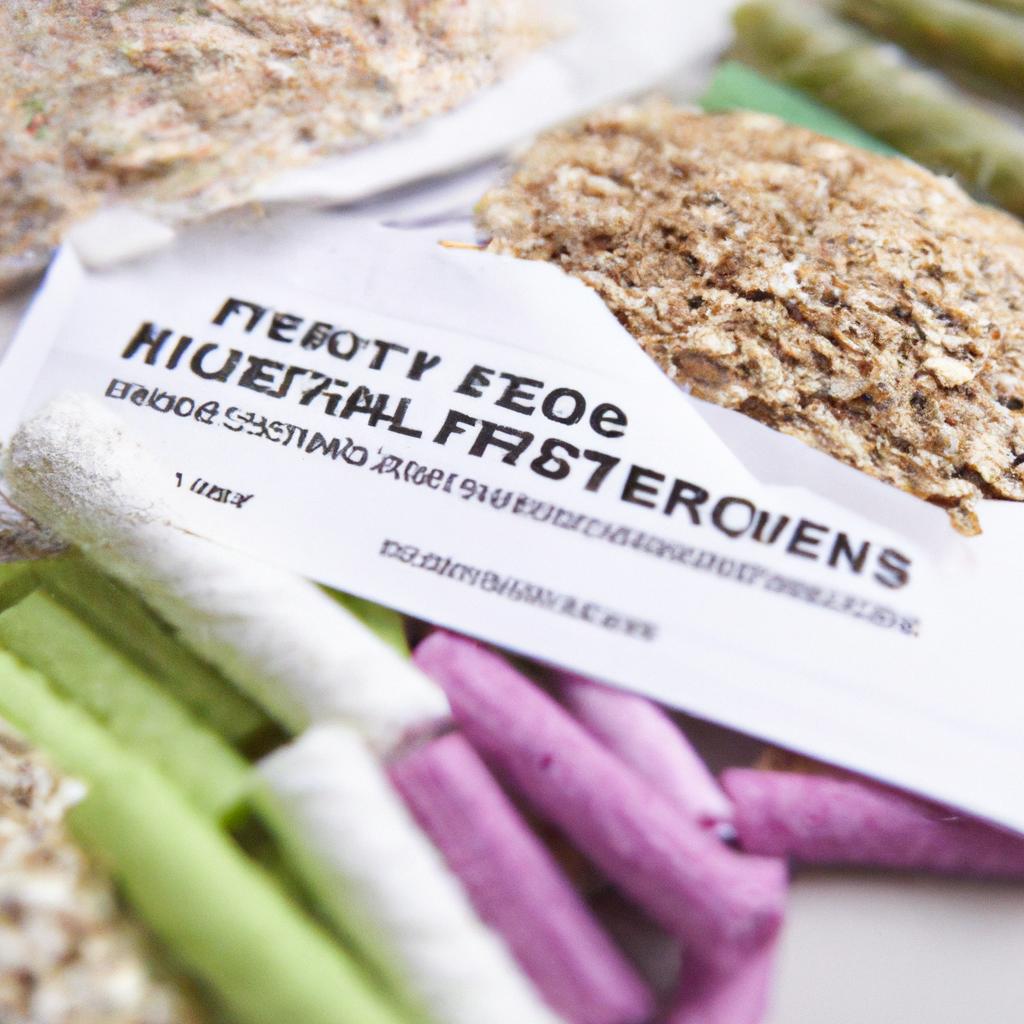**”The Role of Prebiotic Fiber in Sports Nutrition: How Gut Health Influences Athletic Performance and Recovery”**
# The Role of Prebiotic Fiber in Sports Nutrition: How Gut Health Influences Athletic Performance and Recovery
In the world of sports nutrition, the focus often lies on macronutrients like carbohydrates, proteins, and fats. However, an emerging area of interest is the role of prebiotic fiber in enhancing athletic performance and recovery through the lens of gut health. As athletes strive for optimal performance, understanding the connection between gut microbiota, prebiotic fiber, and overall health can be a game-changer. This blog post delves into how prebiotic fiber can influence athletic capabilities, recovery time, and overall well-being.
## Understanding Prebiotic Fiber and Gut Health
### What are Prebiotics?
Prebiotics are non-digestible fibers found in certain foods that promote the growth and activity of beneficial gut bacteria. Unlike probiotics, which are live bacteria, prebiotics serve as food for these microorganisms, helping them flourish. Common sources of prebiotic fiber include foods like garlic, onions, bananas, asparagus, and whole grains.
### The Gut Microbiome
The gut microbiome comprises trillions of microorganisms residing in our intestines, playing a crucial role in digestion, metabolism, and immune function. A balanced microbiome can enhance nutrient absorption and improve overall health, making it vital for athletes who require optimal nutrient delivery and gut function.
## The Connection Between Gut Health and Athletic Performance
### Enhanced Nutrient Absorption
A healthy gut microbiome can significantly improve nutrient absorption. Prebiotic fiber supports the growth of beneficial bacteria that break down food more efficiently, allowing athletes to extract more energy and nutrients from their meals. This enhanced absorption can lead to better performance during training and competitions.
### Reduced Inflammation
Inflammation is a common issue that athletes face due to intense training and physical exertion. Prebiotic fiber has been shown to help regulate the immune response and reduce inflammation in the gut. A well-functioning gut can mitigate systemic inflammation, promoting faster recovery times and reducing the risk of injuries.
## Nutrition Tips for Incorporating Prebiotic Fiber
1. **Choose Whole Foods**: Opt for whole grains, fruits, and vegetables that are high in prebiotic fiber. Foods like oats, apples, and chicory root are excellent options.
2. **Start Slowly**: If you’re not accustomed to high-fiber foods, increase your intake gradually to avoid digestive discomfort. This allows your gut to adapt.
3. **Pair with Probiotics**: Consider consuming prebiotics alongside probiotics (found in foods like yogurt and kefir) for a synergistic effect that can enhance gut health.
4. **Stay Hydrated**: Drinking plenty of water helps fiber do its job effectively and prevents digestive issues.
## Exercise Advice for Athletes
### Fueling Before Workouts
Incorporate prebiotic-rich foods into your pre-workout meals. For example, having a banana with a dollop of yogurt before training can provide you with both energy and gut health benefits.
### Post-Workout Recovery
After strenuous exercise, focus on recovery meals that contain prebiotic fibers. A smoothie with spinach (which contains prebiotics) and protein powder can be an excellent post-workout option.
### Listen to Your Body
Pay attention to how different foods affect your performance and recovery. Keeping a food diary can help you identify which prebiotic-rich foods work best for you.
## Health Benefits of Prebiotic Fiber
### Improved Digestive Health
Regular consumption of prebiotic fiber can lead to improved bowel health, reducing the risk of constipation and other gastrointestinal issues.
### Enhanced Immune Function
A healthy gut microbiome supports immune function, which is crucial for athletes who are often exposed to various physical stresses. A robust immune system can help reduce the incidence of illness and keep athletes in peak condition.
### Better Mental Health
Emerging research suggests that gut health is linked to mental well-being. A balanced gut microbiome may contribute to improved mood and cognitive function, which can be beneficial for athletes dealing with the psychological pressures of competition.
## Conclusion
Incorporating prebiotic fiber into sports nutrition is not just about improving gut health; it plays a pivotal role in enhancing athletic performance and recovery. By focusing on prebiotic-rich foods, athletes can maximize nutrient absorption, reduce inflammation, and support overall well-being. As the understanding of the gut-brain axis continues to evolve, it becomes increasingly clear that a healthy gut is a cornerstone of peak athletic performance. Athletes should consider prioritizing prebiotic fiber as part of their nutritional strategy to achieve their fitness goals.















Post Comment